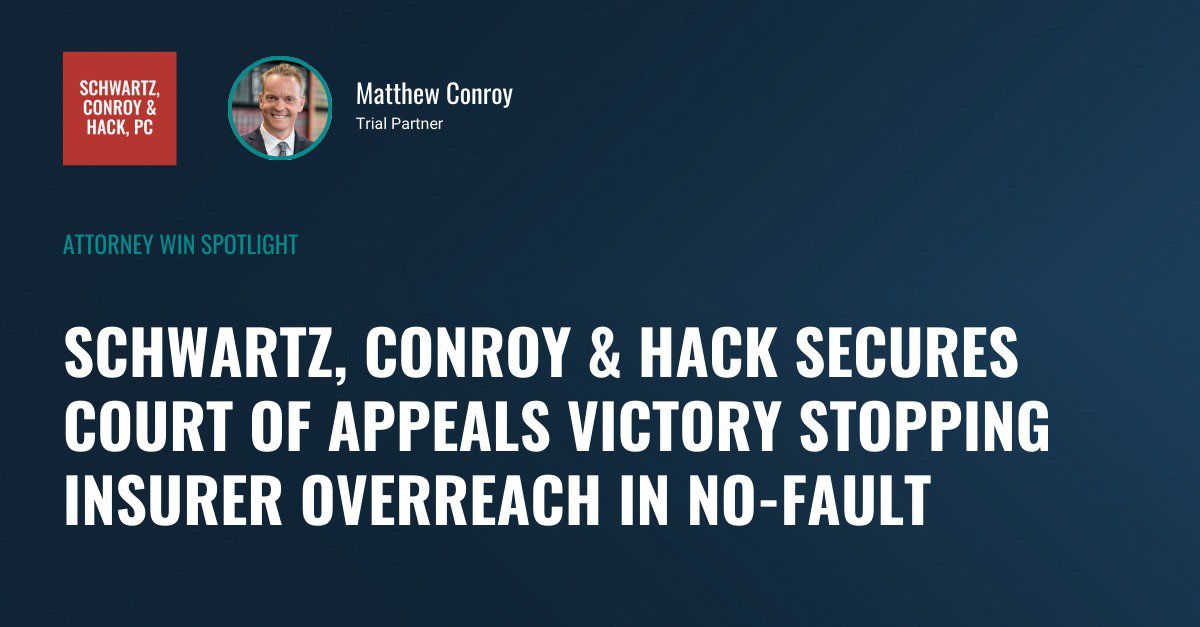After having mediated hundreds of—and settled well over a thousand—long-term disability cases, I have found that mediation has now become the standard in the long-term disability industry for resolving disputed claims.
It is not only the standard, but it is the preferred method for the insurance companies to mediate, and they like to have a neutral person serve as mediator. They prefer to physically attend the mediation with the insured rather than just having the lawyers do it. Although I do resolve certain cases without mediation, it has become a much smaller percentage of how cases settle.
Mediations occur prior to the commencement of a lawsuit, but they typically take place well before trial. This usually happens after you, the insured, have had your deposition taken by the insurance company’s lawyer. At this point, the insurance company now has most of the documents they need to evaluate the merits of your case and have now heard your side of the story. Equally as important, by taking your deposition, they get to assess your credibility as a witness. The insurance company now has a far better understanding of you and the strength of your case.
Mediation is usually an excellent opportunity for the parties to see if they can come together and settle the case. Mediation is a voluntary process, and neither side is required to settle the case. Keep in mind that everything said at the mediation is kept completely confidential.
Long-term disability cases are typically all or nothing propositions. Either you are going to win and get everything, or you are going to lose and get nothing. So, given the pressure and the cost of a trial, along with the risk involved, mediation is a great opportunity to get your case settled.
Although mediation can be a time-consuming and stressful process, the hours involved will pale in comparison to the hours you will put in preparing with your attorneys for the daunting experience of a trial. Patience during mediation is the word that I like to emphasize to all of my clients. It may seem, early on, that the mediation is going to be an aggravating process, and someone might want to walk out, but your job when you are there—and your lawyer’s job—is to get the most amount of money the insurance company is willing to pay, and then determine whether or not it is enough for you.
Once you determine the maximum amount the insurance company is willing to pay, you know exactly what it is that you are walking away from if you reject the settlement offer and go to trial.
If you have any questions about mediation or the process involved in mediating a long-term disability case, don’t hesitate to call us today at 212-608-5445 for a free consultation.
Evan S. Schwartz
Founder of Schwartz, Conroy & Hack
833-824-5350
[email protected]


